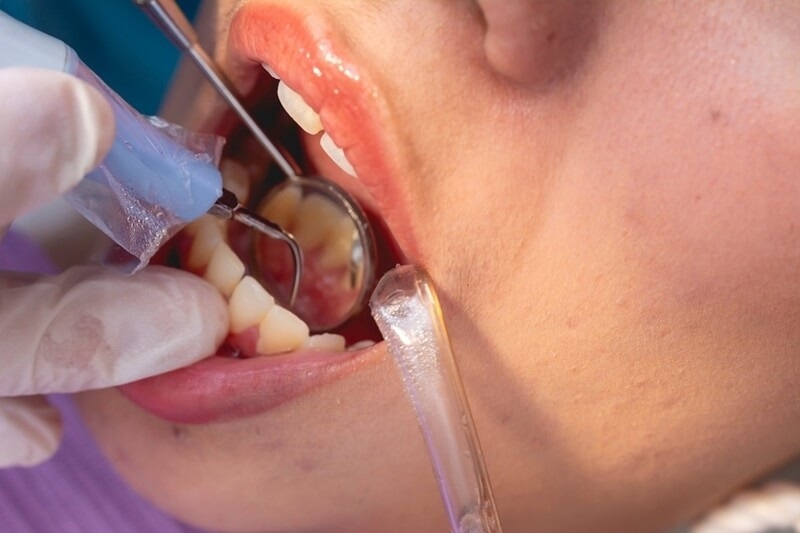
A beautiful, healthy smile begins with effective oral care. While brushing twice a day, flossing, and visiting the dentist regularly are important habits, plaque can still develop into tartar, which can be much more difficult to remove at home. This is where the benefit of tartar control toothpaste comes in! Tartar control toothpaste is designed to fight plaque hardening before it creates a larger oral health problem.
This article discusses how tartar forms, why it's dangerous to your oral health, and how the right toothpaste can help keep your teeth feeling cleaner and smoother.
Tartar is the most frequent buildup on the teeth, and it is the leading factor in gum disease. It is a thick yellow or brown layer of bone-stiffened plaque, also referred to as dental calculus, which is very tightly attached to the teeth. Plaque is a soft, sticky film that is full of bacteria and is constantly formed in your mouth. If you do not remove it every day by brushing and flossing, the minerals in your saliva will react with the plaque and will harden it to tartar.
The hard layer is surrounded by even more bacteria, which leads to tooth decay and gum disease. Of the two, only tartar cannot be removed with a toothbrush, and therefore, you need a dentist or a dental hygienist to remove it.
It can cause quite a few different symptoms, including tipping of the user's bad oral hygiene. The main symptoms were:
In summary, the decision to avoid tartar is the decision to avoid many possible dental problems in the future. Among the various options, one of the easiest methods to utilize in everyday dental care is the use of a tartar-control toothpaste.

The primary intention of the tartar control toothpaste is not to reclaim the already hard and difficult-to-remove tartar but rather to restrict the formation of the latter. The compounds in these toothpastes hinder plaque mineralization.
Basically, they support calculus control in the following ways:
Not every toothpaste formula is the same. Here are some of the common ingredients that make tartar-fighting toothpaste work effectively:
By picking a toothpaste containing these substances, one obtains better protection from tartar and cleaner teeth.
The use of tartar control toothpaste is good for anyone, but those people who will get the most benefit from it are the ones who:
If you are in any of these five categories, you will find that using a toothpaste formulated for calculus control will greatly enhance your dental hygiene routine.
Choosing the right toothpaste is just a part of the solution. If you live daily in a contradictory way, then tartar will be formed, so upgrading your oral hygiene routine will have the impact of the anti tartar product used multiplied.
There are some simple daily habits that you can include in your routine while using tartar control toothpaste:
Make an appointment for regular dental cleaning: If you keep good habits, tartar may still form, and it will need to be removed by a professional.
There are individuals who opt for natural toothpaste or ones without fluoride. Luckily, there are quite a few plant-based and mineral-based tartar control toothpaste products to choose from.
These generally are:
In case you want less chemical content or a gentler formula, these natural options will still be able to help you prevent tartar if you accompany them with good oral hygiene.
Take note of the features of a tartar control toothpaste when you are choosing a product.
Keeping your teeth free from tartar is important for both oral health and confidence. Unfortunately, once tartar has been allowed to accumulate, it can only be removed by a dental professional. However, if it is regularly taken care of, you can actually stop it from forming in the first place. Incorporating a good tartar control toothpaste into the regimen that also consists of brushing, flossing, and dental checkups is what will bring the results you want.
If you pay attention to your teeth daily, you will be able to prevent the formation of hard plaque right from the start and keep a smile that not only looks great but feels great too.
This content was created by AI